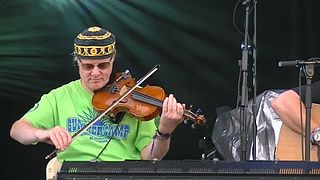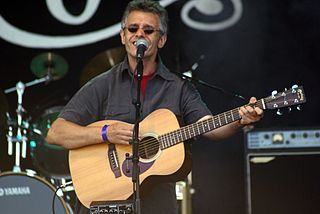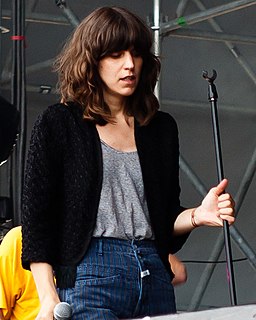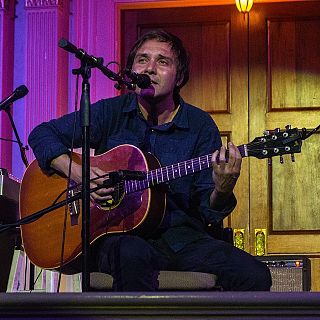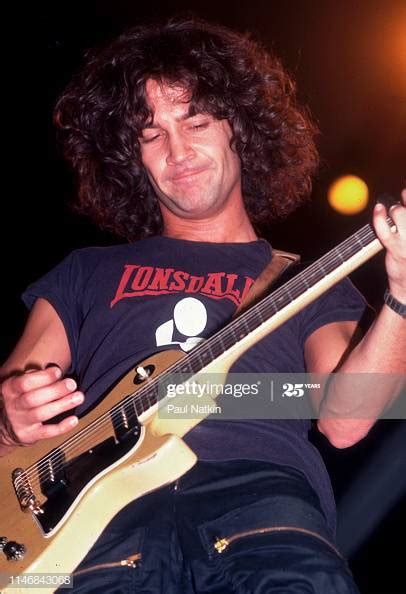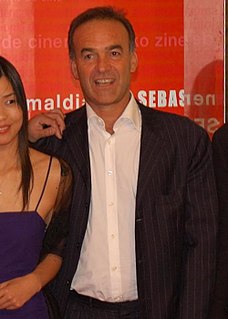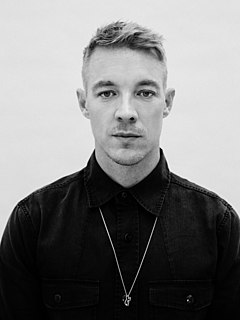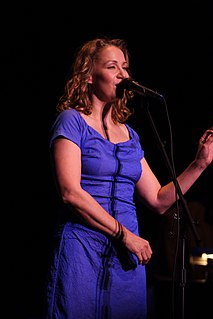A Quote by Ric Sanders
We have an incredible audience. I'm as proud of how Fairport relates to its audience as I am of any music we have produced. I think we're a real people's band. Massive popular success has never bothered Fairport. We've never been put in the position of being celebrities. A Fairport concert is like a meeting of friends. There's no big, security wall around us. It's kind of how music should be.
Related Quotes
When I received the invitation to "check out" Fairport I knew absolutely nothing about them, all I knew was that they were beginning to establish themselves as an underground favorite, by playing regularly at the UFO club in Covent Garden. But the crowd I was running with at the time were listening to a completely different genre of music. So I had nothing to go on, there was nothing on vinyl, Fairport's recording days were still ahead of them.
I think I'm really part of a whole generational movement in a way. I think a lot of other people since and during this time have gotten interested in writing what we can still call experimental music. It's not commercial music. And it's really a concert music, but a concert music for our time. And wanting to find the audience, because we've discovered the audience is really there. Those became really clear with Einstein on the Beach.
I'm in a funny position: I've been in one band in my life and that was with my brother. As incredible as that has been, I feel like I'm missing out a little bit on being in a real rock band - or how I imagine being in a real rock band to be. It's like being in a street gang: you all wear the same leather jacket or whatever.
I enjoy making music alone, and I like keeping my options open for how I release my own songs. But everybody in Grizzly Bear is full of ideas. So it's kind of boring to come to the band with a complete song and be like: "Here's what I want you to do." With this record, we wanted to make everything feel like everyone - music that we could never do on our own. That's a real gift, and it's one of the best things about being in a band like this.
Music documentaries are hard to tell, but I think they're an amazing vehicle to look at racism, our attitude to sex, the way we judge drugs. There's the ability to get a big audience because of these incredible, iconic, charismatic people. You can look at a number of issues - the challenge is to make sure you choose something that has all those issues. Popular music is like a mirror of culture, of who we are.
Even if I'm doing a show and there's five people in the audience and the sound system is terrible - I mean, it's been a while but I've certainly done those kind of shows where it's just every conceivable thing is against you - you still have music. It's still something that's real whether there's five people in the audience or a hundred thousand people in the audience. And that's always been there for me.
I believe that Fairport, in all its incarnations, has almost single-handedly been responsible for and has written the book on the history of the evolution of folk-rock in the UK. Over the years Ashley Hutchings, with his Albion Bands and Richard through his solo work have carried the torch to another level.
